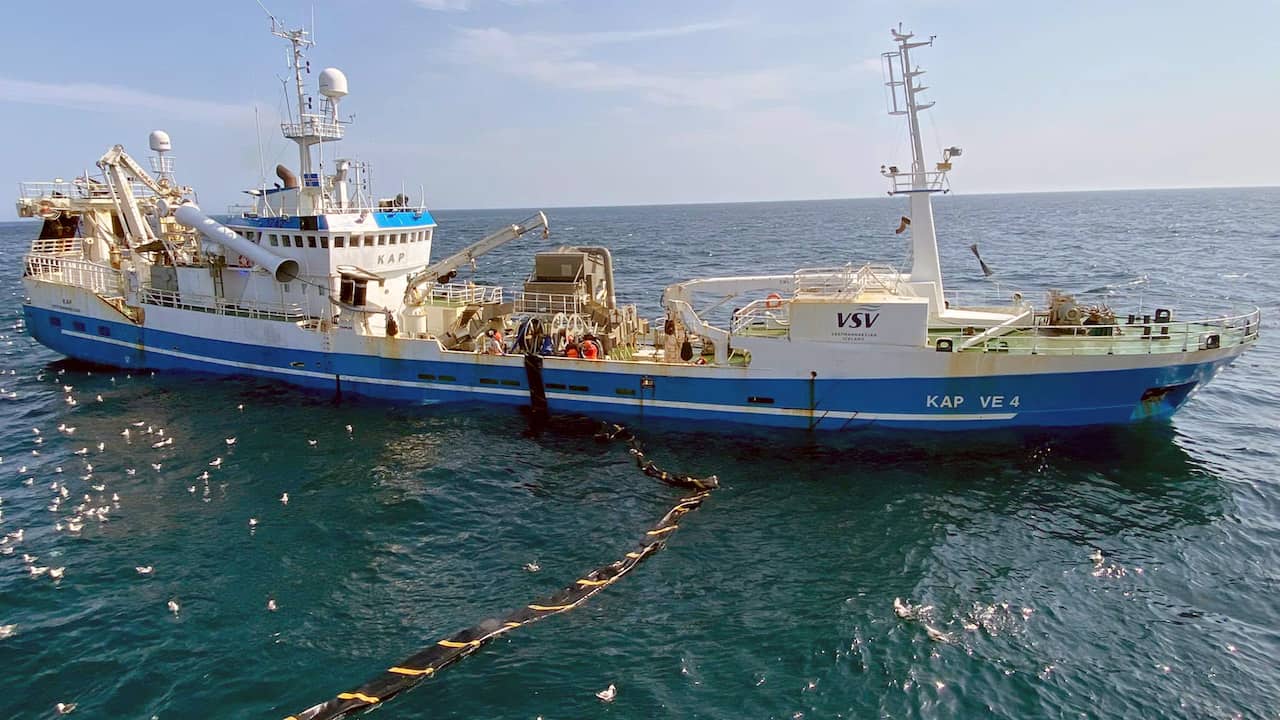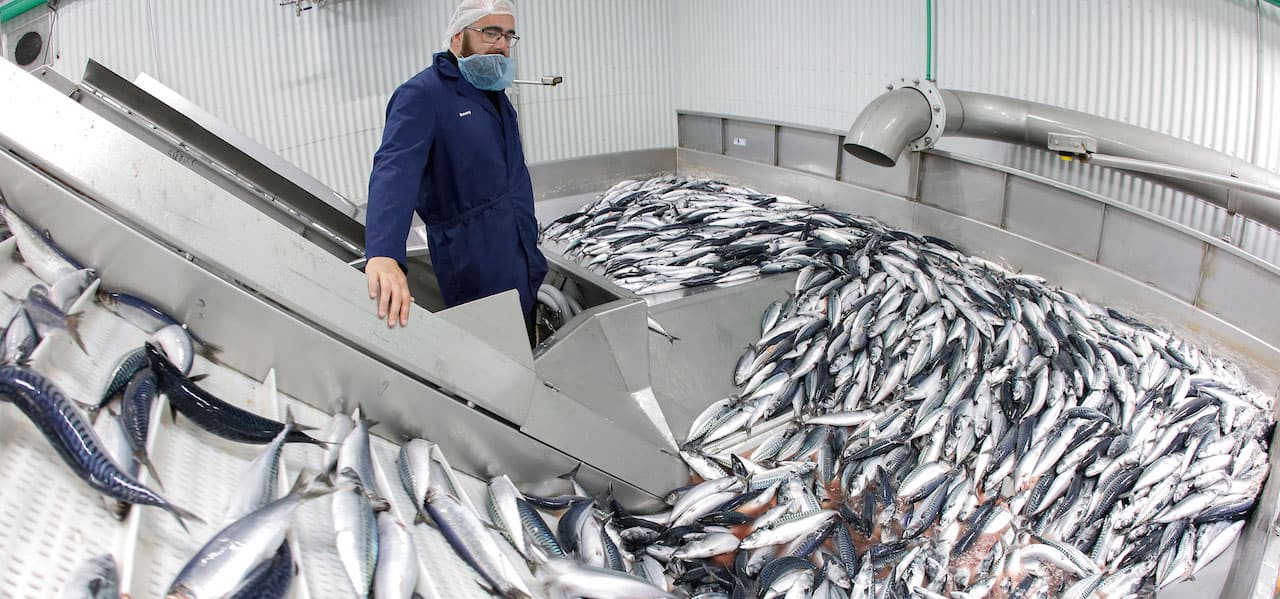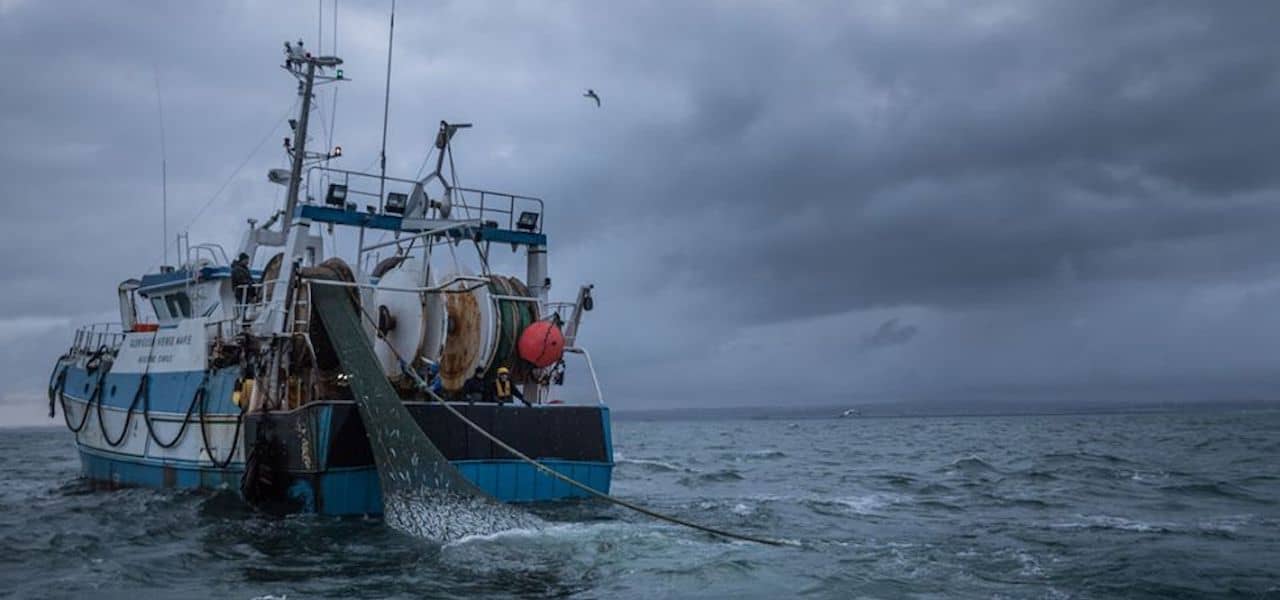
Best ever herring season ends
Westman Islands fishing company Vinnslustöðin (VSV) has this year had its best ever herring season, and this has now come to an end. ‘The 30th November night shift at the…

Westman Islands fishing company Vinnslustöðin (VSV) has this year had its best ever herring season, and this has now come to an end. ‘The 30th November night shift at the…
A long round of discussion in Luxembourg has resulted in EU Ministers reaching agreement on catch limits for 2022 for the Baltic’s ten main commercial stocks. Ministers have decided to…
All of the shares in Swedish pelagic processor Scandic Pelagic’s operations in Sweden have been acquired by Västkustfisk SVC AB. Scandic Pelagic Ellös AB has changes its name to Sweden…

Icelandic processor Síldarvinnslan received landings of 25,357 tonnes of Atlanto-Scandian herring during this year’s season, with the first landing on the 11th of September and the last on 29th October.…

Westman Islands fishing company Vinnslustöðin (VSV) has received its first landings of herring this autumn, and the mackerel season has come to an close. The Icelandic herring season has been…
Pelagic vessel Margrét docked at Neskaupstaður in eastern Iceland yesterday with 1150 tonnes herring caught in only two tows. ‘It went like clockwork,’ said Margrét’s skipper Birkir Hreinsson as the…

The herring fishery pursued by nine FROM Nord member vessels has been recertified by the MSC. The group of nine trawlers between them land around 2500 tonnes of herring annually.…
The Danish Fishermen’s Association has welcomed the good news for Danish Baltic cod and herring fishermen that Fisheries Minister Mogens Jensen is opening a compensation scheme for fishermen affected by…
The European Commission has adopted a proposal for fishing opportunities for 2020 for the commercially most important fish stocks in the Baltic Sea. Basing its decisions on scientific advice, it…
The Norwegian Ministry of Fisheries has announced that it has set a quota for Atlanto-Scandian herring of 429,650 tonnes, equivalent to 73% of the 588,562 tonne TAC agreed during recent coastal states negotiations.